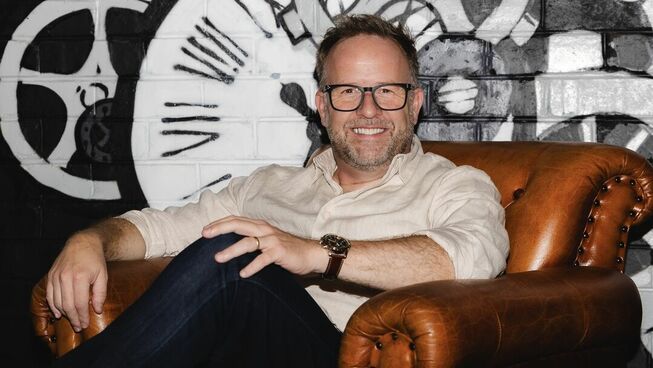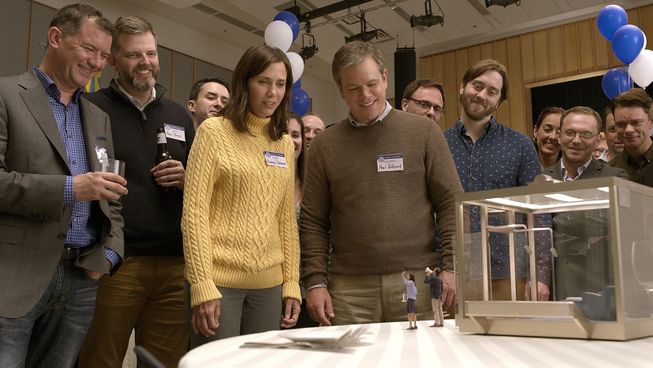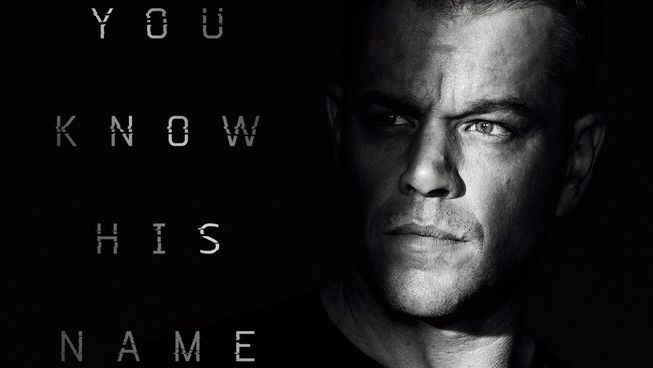1 out of 5 stars
Slums may well be breeding grounds of crime, but middle class suburbs are incubators of apathy and delirium. Cyril Connolly
The dark comedy has had a special place in the cinematic realm that draws on the juxtaposition that comedy is not merely pratfalls or the latest stand up comedian wanting a movie career. They cut a fine line between comedy and tragedy with some being more successful than others in achieving their satirical look at the world. The Coen Brothers have been a driving force behind this genre by delivering some of the best dark comedies of this era or completely redefining it with The Big Lebowski and Fargo, and along the way, they have managed to deliver a few missteps like Inside Llewyn Davis and Burn After Reading. As co-writers with director George Clooney on Suburbicon, there is hope that they have penned another film gem.
Suburbicon is a neighbourhood in the late 1950’s in middle America, and the marketing for this lifestyle shows that it is the new standard of suburban living. The Meyers family are the new neighbours to the Lodges and seem to be finding it difficult to fit in this idyllic community because of the colour of their skin. As they struggle through the challenges of that era in an all-white neighbourhood, Gardner Lodge (Matt Damon) are going through their own familial struggles. Gardner's wife is murdered during a home invasion, and the Lodges learn to navigate through the grief process. While his son, Nicky (Noah Jupe), comes to the realisation that his father had orchestrated his mother's death for insurance purposes, because of debts to the mob. As the patriarch tries to stay ahead of his creditors and the insurance company, he must decide what to do with his son and their extended family. While the violence occurs around the neighbourhood toward the Meyers, the Lodge’s home becomes a violent internal struggle.
Despite being billed as a dark comedy, someone must have either edited out or forgot to include any comedic elements. With the pedigree of the writing team and the multiple Academy Award winners connected to this project, the assumption would be that a film of this genre would be funny. Instead, it turns into a poorly initiated statement on how many people are evil at heart with a twist of racism added in for good measure.
The whole film unintentionally becomes a lesson in how mankind is innately wicked at heart, a brutal reality that gets unearthed through an overly vicious film. The Coen brothers and Clooney manage to exemplify what the first few chapters of Genesis portray. Primarily that when mankind is given the opportunity to act out against others or God for their own selfish gain, they will most likely take the darker path. Despite the hopelessness of this film's message, the answer provided by the Bible does make room for a merciful conclusion to humanity’s plight.*
Hope was at the heart of the cinematic experience of Suburbicon, a continual desire that there would be a humorous reprieve from the murky depths this film travels. As things progress, this misplaced hope was to be an empty dream, and each turn of Clooney’s suburban tale became more bleak and violent. Credit does need to go to Damon, Julianne Moore and Oscar Isaac for their commitment to the script. Their performances complemented the disturbing storyline and assisted things to head down the slippery slope of despair.
Humourless, violent and disturbing are the only words to describe this film. On the spectrum of dark comedies, this was less of a comedy and more of a lesson in the bleak state of the human soul.
* To explore more on the heart of mankind and God's answer to these difficulties, take time to read through Genesis & Romans






